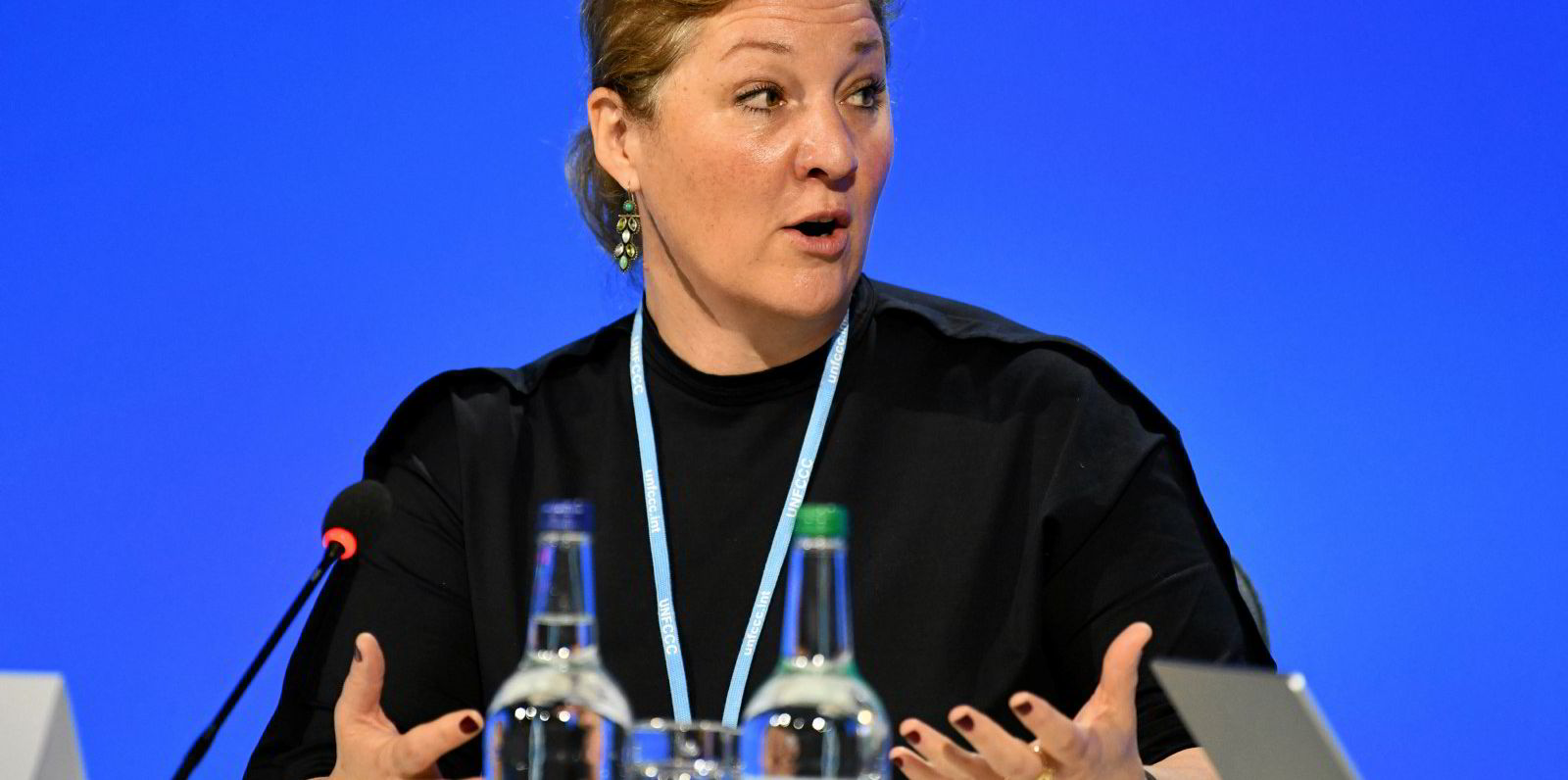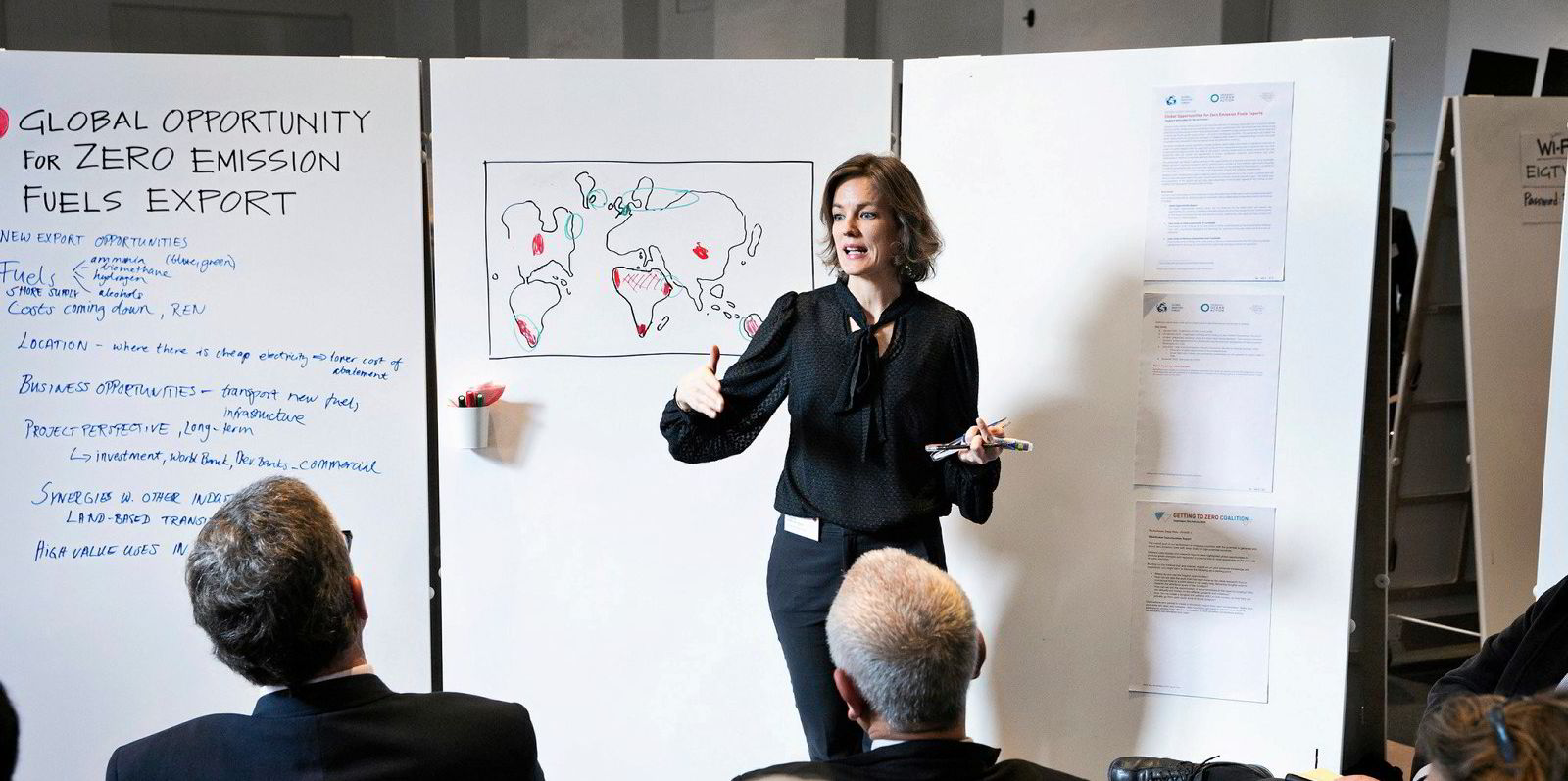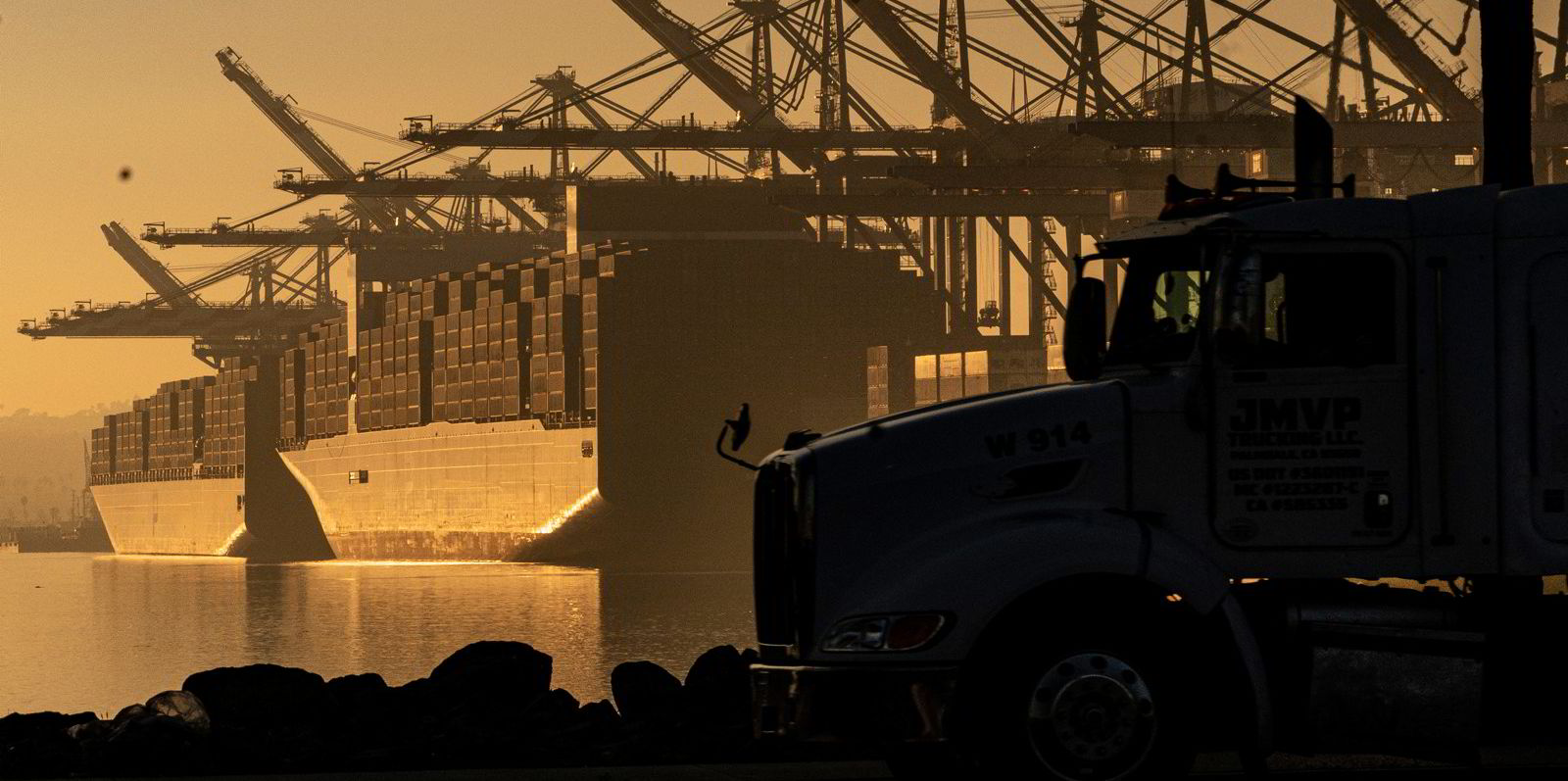A consortium of four major dry bulk charterers and shipping companies has signed up to assess development of an iron ore Green Corridor between Australia and East Asia with the Global Maritime Forum (GMF).
The group comprising BHP, Rio Tinto, Oldendorff Carriers and Star Bulk Carriers have signed a letter of intent to investigate setting up a shipping route that would use zero- or near-zero greenhouse gas emission vessels on the major bulk trade.
Green Corridors are aimed at governments and industry operators joining together to decarbonise specific routes where the economics, infrastructure, and logistics of zero-emission shipping are more feasible and rapid deployment can be supported by targeted policy and industry action.
“Zero-greenhouse gas emission pathways require the creation of a parallel value chain that involves new ways of working, new contractual relationships, and drives the development of decarbonised fuel production and infrastructure,” said Johannah Christensen, chief executive at the GMF.
Last year, a Getting to Zero Coalition report demonstrated how Green Corridors can be designed with a pre-feasibility study for an iron ore route between Australia and East Asia.
The study suggested that green ammonia is the likely fuel choice for this corridor based on favourable production conditions, an enabling regulatory environment and willing stakeholders.
The parties in the consortium intend to jointly assess green ammonia supply, bunkering and first-mover support mechanisms necessary to develop a framework as a preparatory step towards participation in a viable Australia to East Asia iron ore Green Corridor.
The consortium aims to facilitate a robust public-private dialogue to investigate conditions that need to be in place to mobilise demand and feasibly scale up the corridor, the companies added.
“BHP’s membership of this Green Corridor consortium is testament to the importance we place on targeted exploration and partnerships in identifying pathways to decarbonisation,” said Rashpal Bhatti, vice president of maritime and supply chain excellence at the group which is one of the largest bulk charterers in the world.
Rio Tinto head of commercial operations, Laure Baratgin said that as a leading charterer, the group recognised the important role it has to play in decarbonising shipping and the broader industry.

“This collaboration is another important step towards accelerating the delivery of our climate commitments on shipping,” she said. Rio Tinto has a broader goal of net zero emissions by 2050 and a 50% reduction by 2030.
Star Bulk Carriers owns and manages a fleet of 128 dry bulk vessels. Chief strategy officer, Charis Plakantonaki said: “Focusing on the feasibility of decarbonising specific trade routes of the world is an indispensable step to create the foundation for the maritime energy transition.”
Peter Twiss, chief executive and president at Oldendorff Carriers, said the carrier views a commitment to stewardship of the environment as an urgent obligation. “Participating in the establishment of a Green Corridor in one of the most significant trading routes is a big step forward,” Twiss said.
Oldendorff Carriers is one of the world’s largest dry bulk shipping companies operating a fleet of about 700 ships to transport about 380m tons of bulk cargo annually.





